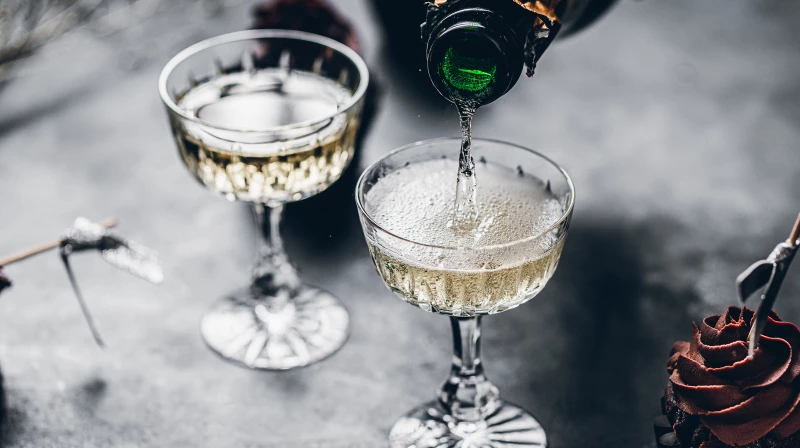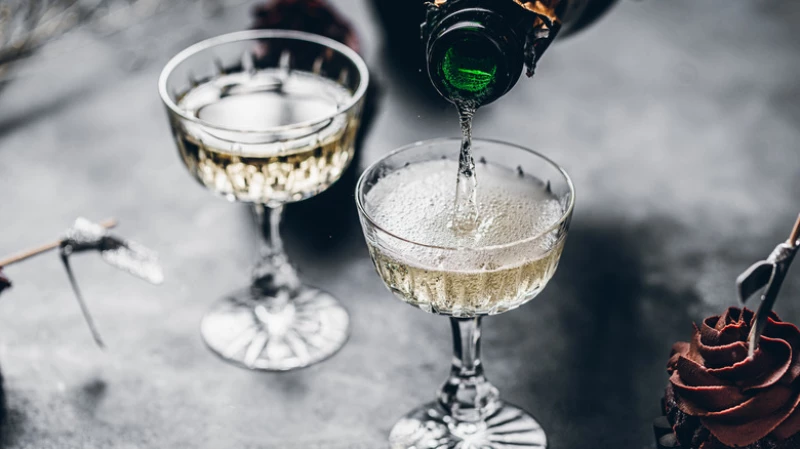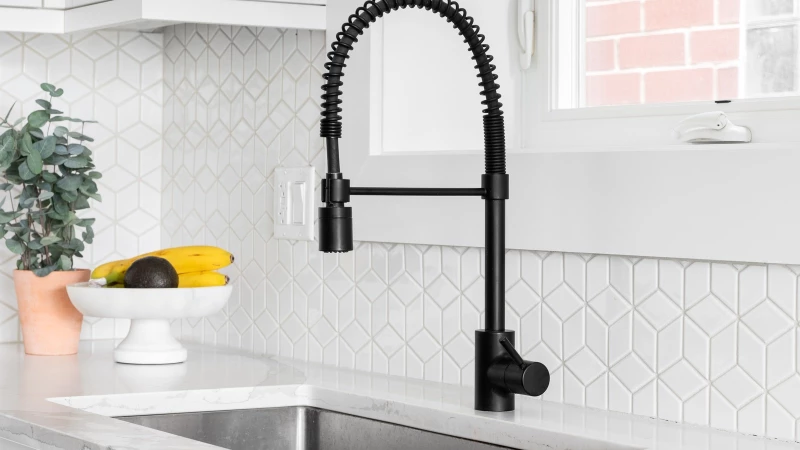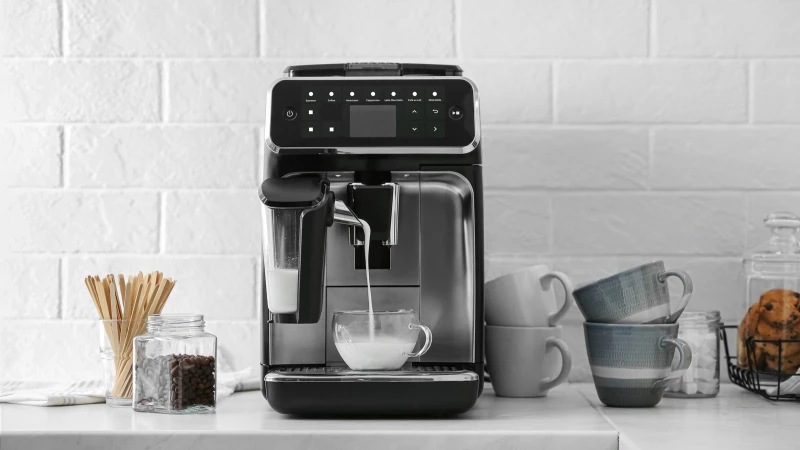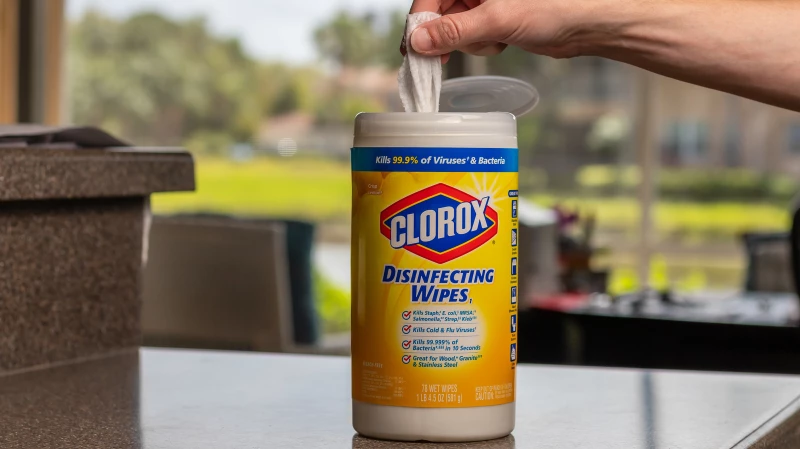The Hidden Dangers of Leaded Glassware
Lead was once a common ingredient in the manufacturing of various products. Although it has been removed from many items due to its toxicity, it can still be found in certain areas of our lives. One such area is vintage glassware, where lead was commonly used. House Digest spoke with experts to understand the dangers of leaded glassware, how to check for lead, and how to protect yourself from lead exposure in your home.
According to Dr. Lori Verderame, a Ph.D. Antiques Appraiser, glassware must contain at least 24% lead to be considered crystal. Crystal is known for its weight and clarity, making it highly sought after in the antique and vintage market. Fortunately, there are ways to determine if your glassware is crystal and how much lead it contains. By following these steps, you can ensure the safety of yourself and your family.
How to Check if Your Glassware Contains Lead
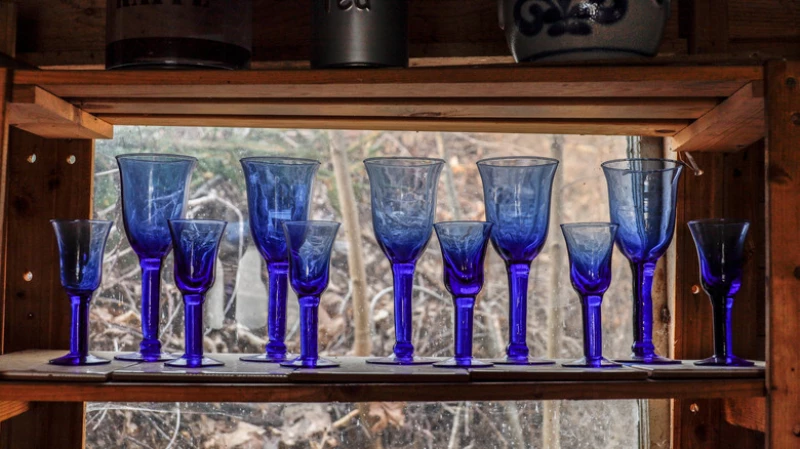
Exposure to lead can have serious health consequences, ranging from minor symptoms like headaches and fatigue to potential organ failure and even death. While small amounts of lead exposure may not cause immediate harm, the real danger lies in long-term exposure. This is particularly concerning for young children, who are more vulnerable to the toxic effects of lead and have a tendency to put objects in their mouths.
In an exclusive interview with House Digest, Dr. Scott Noorda, a Longevity Physician at Resolve Medical, revealed that over 400,000 people die each year from lead poisoning. He emphasized the importance of being aware of potential sources of lead in our homes. "Even though lead is a well-known toxic heavy metal, it can still be found in certain glassware used for food and beverages," Dr. Noorda explained. "Lead can leach out from these items and contaminate the food and drinks we consume." He further warned that lead particles from paint or glaze can stick to food, and lead used in the production of glass cups or bottles (especially those used for alcohol) can also seep into the liquids inside. These lead particles are more commonly found in products manufactured before the 1970s, when lead was a common additive in decorative glassware.
If you are concerned about the presence of lead in your glassware, there are a few simple ways to check:
- Look for a "lead-free" label or certification on the glassware packaging. This indicates that the product has been tested and confirmed to be free of lead.
- Inspect the glassware for any signs of damage or deterioration. Cracks, chips, or peeling paint can increase the risk of lead leaching into food or beverages.
- Consider using alternative materials for food and drink storage, such as stainless steel, ceramic, or lead-free glass.
By taking these precautions, you can reduce the risk of lead exposure and protect yourself and your family from its harmful effects.
What to do if your glassware contains lead

Dr. Noorda says it's important to make ourselves aware of the toxins we're exposed to. "We don't have control over many of our exposures, so we need to address the things we can," he said in an exclusive interview with House Digest. There are many ways to determine if your glasses have lead in them. According to Dr. Noorda, "There are professional services that will test your items for lead, various kits accessible online, tapping tests for lead crystal, or even looking at the glass with a black light to see if it glows." Lead will glow under a UV light in a vibrant color ranging from blue to violet, for example, and if gently tapped with a butter knife lead crystal will resonate auditorily.
At-home test kits are generally affordable and easy to use, but only three are recognized by the EPA. Moreover, many of these types of kits, such as the EPA-approved 3M Lead Check (no longer in production after October 2023), are primarily meant to check surfaces like paint and metal, so results on glass might be misleading. Similarly, most professional lead inspectors focus their services on paint and water testing in and around your home, but if your inspector has an XRF machine, they can read the overall lead content of objects for about $50 per piece. The coatings of consumer products should contain no more than 90 parts per million of lead, according to the Consumer Product Safety Commission.
Antiques appraiser Dr. Lori explains that crystal glassware is still highly sought after in today's market. However, it is important to note that these items often contain lead, which can be harmful if not managed properly. To keep your household safe without giving up your family heirlooms, Dr. Lori recommends refraining from using antique glassware for anything other than display. This is especially important for glassware with noticeable wear and tear, as the lead particles can come off into your drinks. If you do use your lead crystal glassware, it is advised not to let liquids sit in them for too long to prevent lead leaching.
Dr. Noorda, in an exclusive interview with House Digest, suggests that anyone who suspects they have been exposed to lead in glass or elsewhere should consult their physician for a blood test. If elevated levels of lead are found, it is important to ensure that the body's drainage pathways are functioning properly to eliminate the toxins. Dr. Noorda recommends using toxin binder supplements, which attach to the lead and help remove it from the body through sweat and urine. Additionally, discontinuing the use of lead glassware can aid in restoring one's health.

